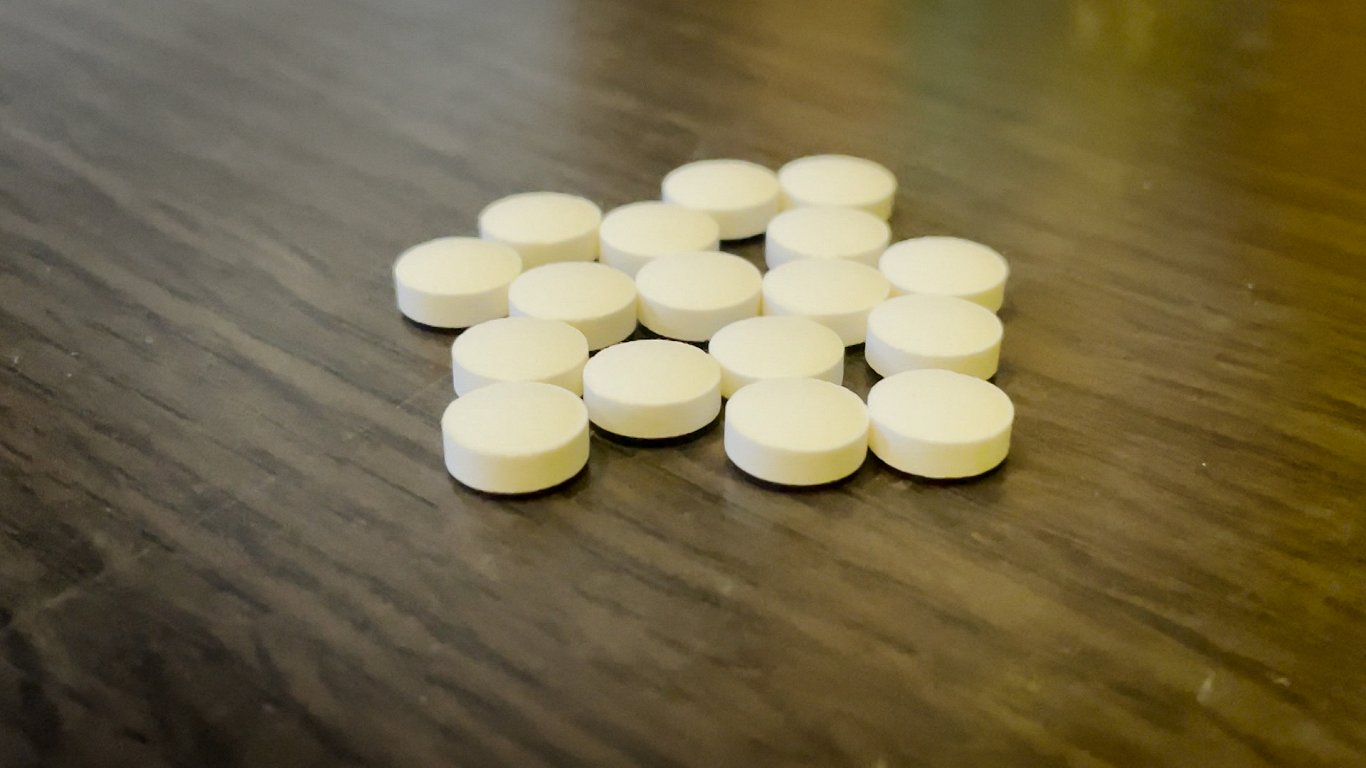Doctors now prescribe two or three different drugs in the hope of how at least one of them the pharmacy will have. Since autumn, the long-standing shortage of medicines – especially antibiotics – has reached its peak, said Kintija Barloti, head of Jelgava Polyclinic.
“We have provisions for bandaging materials and for everything that can be lacking, a provision for 2-3 months. The same was needed in pharmaceuticals because raw materials have been lacking for at least 2-3 years. We already realized that the chains were disrupted down. The same thing happened in pharmaceuticals,” said Barloti.
She pointed to the domestic pharmaceutical companies, which she believed could make stockpiles if the state ordered them. But do locals produce what is lacking?
"Unfortunately, antibiotics in the entire cycle, from the active substance to the finished product, are not produced by our producers at the moment, at least amoxicillin. Our producers, even though they make a big contribution to the economy, only provide 4% of what is needed on the market," said Sergejs Akuličs, deputy director of the State Agency of Medicines.
“The fact that our market share is so small is a question to which, if I had an answer, we would have resolved long ago. Why do our citizens choose import medicines instead of the local medicines?” asked AS Olainfarm Board Chairman Juris Bundulis.
In order to produce antibiotics, a separate factory must be constructed, developed, and registered. It would take 4-5 years. Grindeks's subsidiary, Kalceks, will soon start producing three new types of antibiotics that are intended for use in hospitals. Grindeks also produces ibuprofen for adults, but not the currently lacking ibuprofen suspensions for children.
"In children, it is very specific in each instruction to indicate what dose is allowed. Here's the question of how big the demand is to start producing locally. We have enough pharmacies that can supply this demand. It seems to me that it is enough that pharmacies are engaging in and dealing with this situation," said the Chairman of the Board of Governors of AS Grindeks, Juris Hmeļnickis.
In the meantime, the head of Olainfarm estimated that the country's own reserves of medicines would be at a disadvantage due to the limited term of validity. In his view, local entrepreneurs could build stocks, but the state should determine what drugs exactly.
The Agency pointed out that it is working on a list of medicinal products essential for Latvia, and the concept has been developed and submitted to the Ministry of Health in 2020. It would be necessary for the Cabinet to make a decision for the stocking and volume of medicinal products.



























